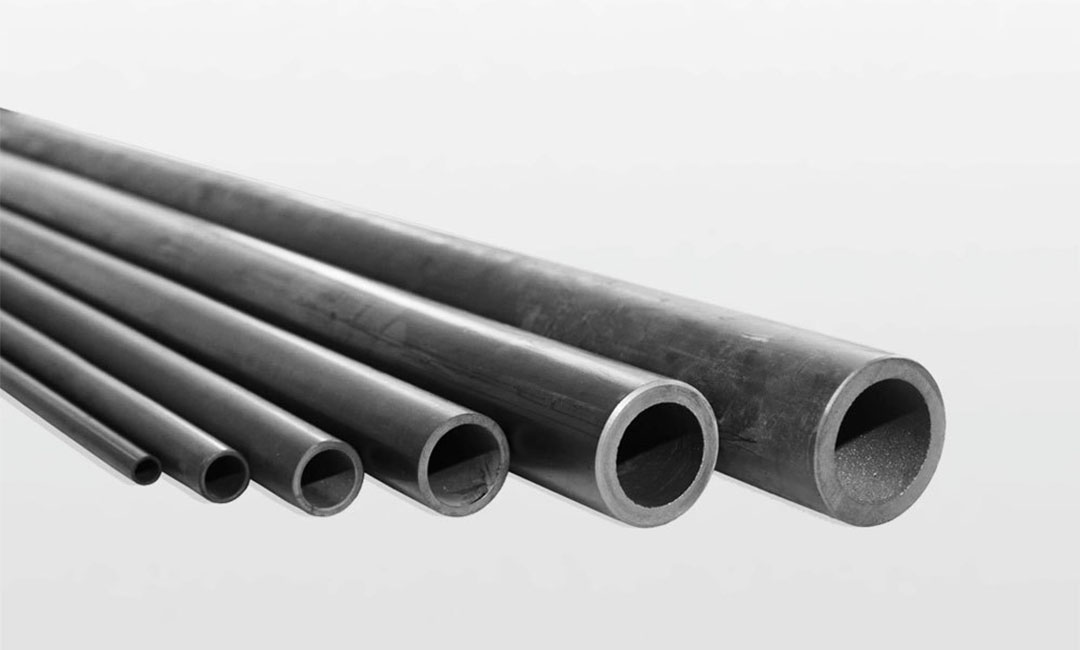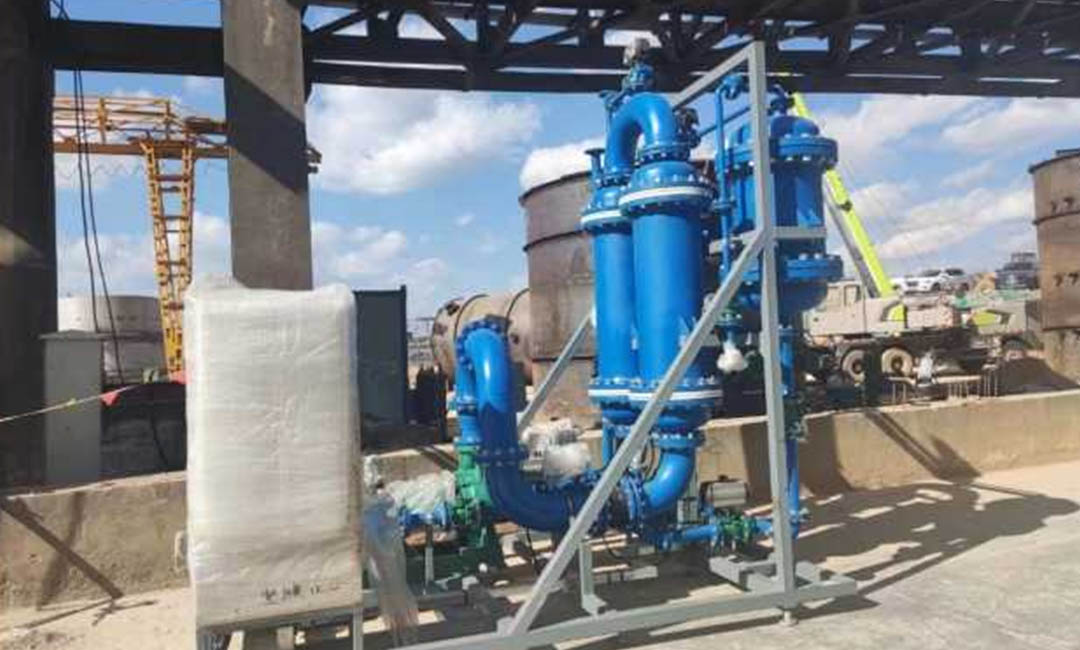Advantages of Using Compact Silicon Carbide Membranes in Filtration Systems
Silicon carbide membranes have emerged as a promising technology for filtration systems due to their unique properties and advantages. These membranes are made from a combination of silicon and carbon atoms, resulting in a material that is extremely durable, chemically inert, and resistant to high temperatures. One of the key advantages of using compact silicon carbide membranes in filtration systems is their high mechanical strength. This allows them to withstand high pressures and flow rates, making them ideal for applications where robustness is essential.
In addition to their mechanical strength, silicon carbide membranes also offer excellent chemical resistance. They are able to withstand a wide range of harsh chemicals, making them suitable for use in a variety of industrial processes. This chemical resistance also extends to organic solvents, acids, and bases, further enhancing the versatility of silicon carbide membranes in filtration systems.
Another advantage of compact silicon carbide membranes is their high thermal conductivity. This property allows for efficient heat transfer during filtration processes, leading to improved energy efficiency and reduced operating costs. Additionally, the high thermal conductivity of silicon carbide membranes helps to prevent fouling and scaling, prolonging the lifespan of the membrane and reducing maintenance requirements.
Compact silicon carbide membranes are also known for their high porosity and pore size distribution. This allows for precise control over the filtration process, ensuring that only particles of a certain size are retained while allowing smaller molecules to pass through. This level of control is crucial in many filtration applications, such as water treatment, pharmaceutical manufacturing, and food and beverage processing.
Furthermore, silicon carbide membranes are easy to clean and maintain, thanks to their smooth surface and chemical resistance. This reduces downtime and increases the overall efficiency of the filtration system. Additionally, the compact nature of silicon carbide membranes allows for space-efficient designs, making them ideal for applications where space is limited.
Overall, the advantages of using compact silicon carbide membranes in filtration systems are clear. Their high mechanical strength, chemical resistance, thermal conductivity, porosity, and ease of maintenance make them a superior choice for a wide range of applications. Whether it’s in water treatment, pharmaceutical manufacturing, or food and beverage processing, silicon carbide membranes offer a reliable and efficient solution for filtration needs.
In conclusion, compact silicon carbide membranes are a cutting-edge technology that is revolutionizing the field of filtration systems. Their unique properties and advantages make them an ideal choice for applications where durability, efficiency, and precision are paramount. As the demand for high-performance filtration systems continues to grow, silicon carbide membranes are poised to play a key role in meeting these needs.
Applications of Compact Silicon Carbide Membranes in Space-Efficient Filtration Systems
Silicon carbide membranes have emerged as a promising technology for space-efficient filtration systems due to their unique properties and high performance. These membranes are made from a compound of silicon and carbon, which gives them exceptional mechanical strength, chemical resistance, and thermal stability. This makes them ideal for use in harsh environments such as space, where traditional filtration systems may not be suitable.
One of the key advantages of compact silicon carbide membranes is their small size and lightweight nature. This allows for the design of more space-efficient filtration systems that can be easily integrated into spacecraft or other space applications. The compact size of these membranes also means that they require less energy to operate, making them a cost-effective solution for space missions where energy efficiency is crucial.
In addition to their small size, silicon carbide membranes also offer superior filtration performance compared to traditional materials. These membranes have a high porosity and pore size distribution, which allows for efficient removal of contaminants such as bacteria, viruses, and other particles. This makes them ideal for applications where water or air purification is required, such as in spacecraft life support systems or environmental control systems.
Furthermore, silicon carbide membranes have excellent chemical resistance, making them suitable for use in a wide range of harsh environments. They can withstand exposure to corrosive chemicals, high temperatures, and extreme pressure conditions without degrading or losing their filtration efficiency. This makes them a reliable and durable solution for space applications where reliability is paramount.
Another key benefit of compact silicon carbide membranes is their long lifespan and low maintenance requirements. These membranes are highly durable and can withstand repeated use over extended periods without needing frequent replacement or cleaning. This reduces the need for maintenance and servicing, making them a cost-effective solution for space missions where resources are limited.
Moreover, silicon carbide membranes can be easily customized to meet specific filtration requirements. They can be tailored to different pore sizes, surface coatings, and configurations to optimize their performance for specific applications. This flexibility allows for the design of highly efficient filtration systems that can meet the unique needs of space missions.
In conclusion, compact silicon carbide membranes offer a range of benefits for space-efficient filtration systems. Their small size, lightweight nature, superior filtration performance, chemical resistance, durability, and customization options make them an ideal solution for space applications where space, energy efficiency, reliability, and performance are critical. As technology continues to advance, silicon carbide membranes are likely to play an increasingly important role in ensuring the success of future space missions.
Future Developments and Innovations in Compact Silicon Carbide Membranes for Filtration Systems
Silicon carbide membranes have long been recognized for their exceptional properties in filtration systems. Their high mechanical strength, chemical resistance, and thermal stability make them ideal for a wide range of applications, from water treatment to gas separation. However, one of the challenges in using silicon carbide membranes has been their size. Traditional silicon carbide membranes are bulky and require a significant amount of space, limiting their potential for use in compact filtration systems.
In recent years, researchers have been working on developing compact silicon carbide membranes that maintain the same high performance as their larger counterparts. These compact membranes offer the same benefits of traditional silicon carbide membranes but in a smaller, more space-efficient package. This development opens up new possibilities for the use of silicon carbide membranes in a variety of industries, including aerospace, automotive, and electronics.
One of the key innovations in compact silicon carbide membranes is the use of advanced manufacturing techniques. By utilizing cutting-edge technologies such as 3D printing and nanotechnology, researchers have been able to create membranes that are thinner and more lightweight than ever before. These advancements not only reduce the overall size of the membranes but also improve their efficiency and durability.

Another important aspect of compact silicon carbide membranes is their modular design. By breaking down the membrane into smaller, interchangeable modules, engineers can create filtration systems that are highly customizable and easy to maintain. This modular approach allows for quick and easy replacement of damaged or worn-out parts, reducing downtime and increasing the lifespan of the filtration system.

Furthermore, compact silicon carbide membranes are also being designed with sustainability in mind. By using eco-friendly materials and energy-efficient manufacturing processes, researchers are developing membranes that have a minimal impact on the environment. This focus on sustainability is crucial in today’s world, where the need for clean water and air is more pressing than ever.
In addition to their compact size and sustainability, compact silicon carbide membranes also offer improved performance in terms of filtration efficiency and throughput. These membranes are capable of removing a wide range of contaminants, including bacteria, viruses, and heavy metals, with high precision and speed. This makes them ideal for applications where the purity of the filtrate is critical, such as in pharmaceutical manufacturing or semiconductor production.
Overall, the development of compact silicon carbide membranes represents a significant advancement in the field of filtration systems. These membranes offer a combination of high performance, space efficiency, and sustainability that is unmatched by traditional filtration technologies. As researchers continue to innovate and refine these membranes, we can expect to see even greater improvements in the efficiency and effectiveness of filtration systems across a wide range of industries. Compact silicon carbide membranes are truly the future of filtration technology.

